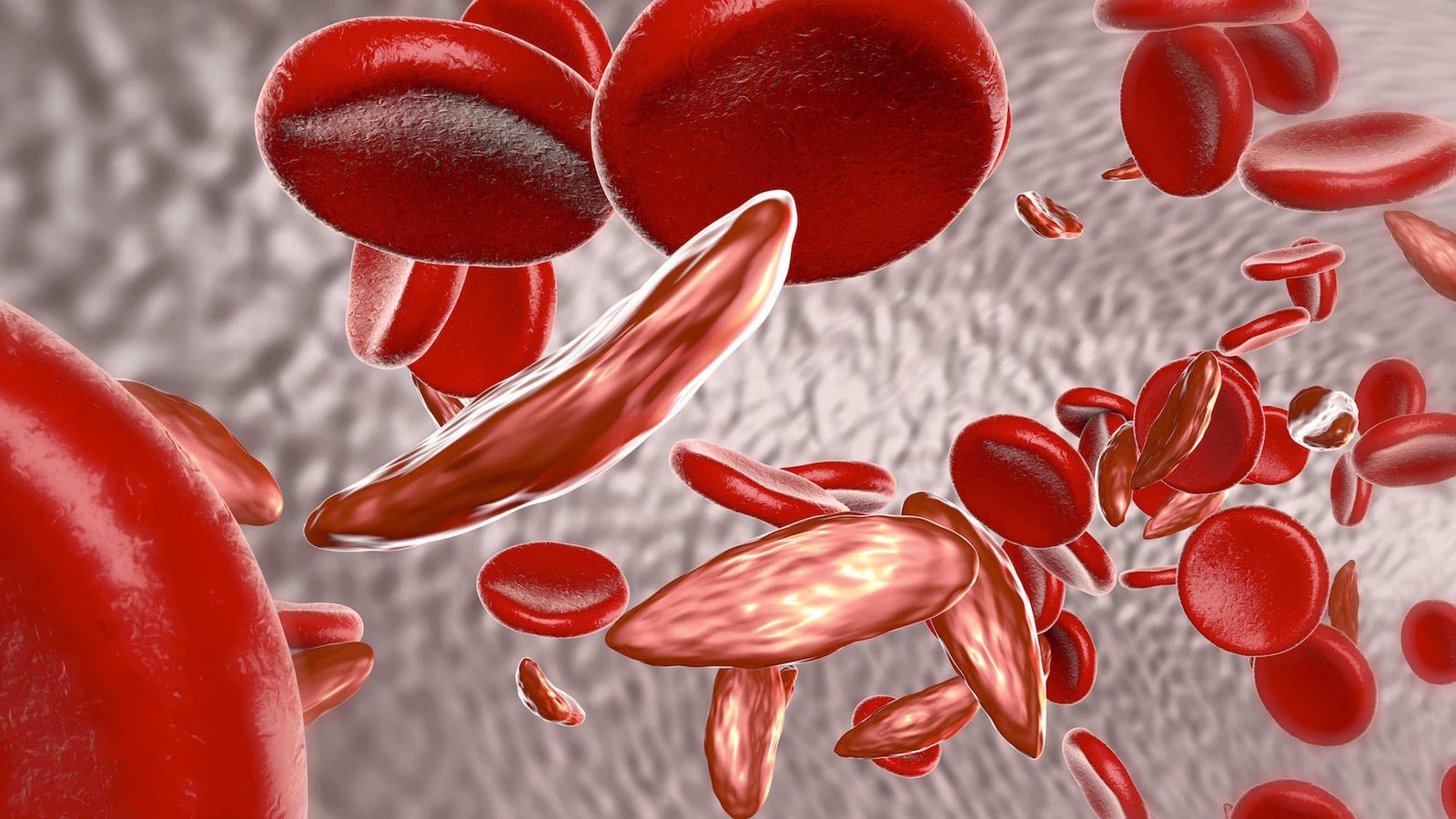The way forward for thalassemia patients amid COVID-19
May 11, 2020 | Monday | News
From availability of blood in blood banks to availability of transportation and transfusion facilities, there are multiple challenges being faced by these patients in the wake of this pandemic.
image credits: shutterstock
Amid the challenging times of the COVID-19 pandemic, to mark World Thalassemia Day, leaders from across the healthcare sector and the Government of India came together to discuss challenges and the way forward for blood donation, availability of transportation and transfusion facilities for thalassemics in a webinar held on May 8. The webinar was organised by ASSOCHAM in collaboration with Thalassemics India, Thalassemia Patients Advocacy Group, and SPAG, a leading healthcare communications firm.
Thalassemia is a disease of the blood in which there is increased destruction (haemolysis) of the red cells. There are various severities of the disease from thalassemia major to thalassemia. This is an inherited blood disorder, in which both parents must carry the defective gene in order to pass on thalassemia major to the child. - shorten this
From availability of blood in blood banks to availability of transportation and transfusion facilities, there are multiple challenges being faced by these patients in the wake of this pandemic.
Dr Prabodh Seth, Joint Secretary, Department of Empowerment of Persons with Disabilities, Ministry of Social Justice & Empowerment during his keynote address highlighted the guidelines that have been issued to support the thalassemics. “Blood donation and transfusion are crucial and essential services especially for thalassemics. COVID-19 has affected the delivery of this service for thalassemia patients. The government has actively been taking steps to ensure they aren’t ignored amidst this pandemic,” he said. This was followed by an in-depth discussion with a panel discussion.
“We are taking active measures to ensure that not just facilities are provided but we work towards prevention as well. Counselling and testing are important. Now is the time we should take care of this and learn from the challenges faced during the COVID-19 pandemic,” said Vinita Srivastava, National Senior Consultant & Coordinator - Blood Cell, Ministry of Health & Family Welfare. “We released guidelines on April 24 as well emphasising upon no discrimination within organisations as well and right to equality with dignity,” added T D Dhariyal, Former State Commissioner for Persons with Disabilities, Govt. of NCT of Delhi. Shobha Tuli, Secretary, Thalassemics India, Dr. Androulla Eleftheriou, Executive Director, Thalassemia International Federation, Cyprus and Mr. Jaya Bharath Reddy, Head - Molecular & Blood Safety Solutions, Roche Diagnostics India were part of the panel as well.
During the course of the discussion the role of parent and parent organisations was discussed alongside the road ahead for making blood safer. It was highlighted that the need of the hour was to build a thalassemia management plan for crisis situations moving forward.Dr. Sunil Gupta, Director (National Blood Transfusion Council) & Addl DGHS , NACO from the Ministry of Health & Family Welfare concluded the session with a special address where he stated, “We face a challenge with management of demand and supply regarding blood too. So many times blood is donated but it cannot be stored and it sometimes goes waste because the demand is not managed. These are challenges we are actively working towards overcoming and developing systems to ensuring safety in this process.”
“There are nearly two lakh people in India who are blood transfusion dependent patients of thalassemia major. They are facing unprecedented challenges due to the situation arising out of the COVID -19 pandemic. This webinar was organised to discuss how such patients can overcome these challenges,” said spokesperson of Thalessemia Patients Advocacy Group.
Aman Gupta, co-founder and managing partner of the webinar’s communications partner SPAG elaborated, “We at SPAG believe in the philosophy of being real and it is important that we understand the criticality of catalysing discussions among the right people and spread awareness. This webinar worked towards that by starting a conversation about how thalassemia patients can manage the current crisis.”
Overall, the webinar focussed on guiding thalassemia patients through this difficult time and laid down the measures that can be initiated to ensure these patients don’t suffe









